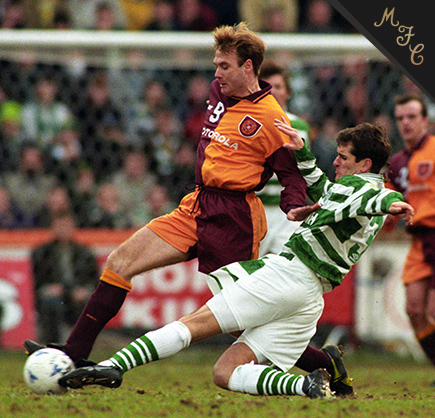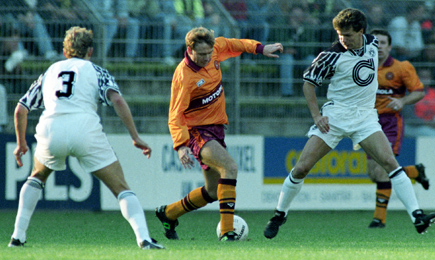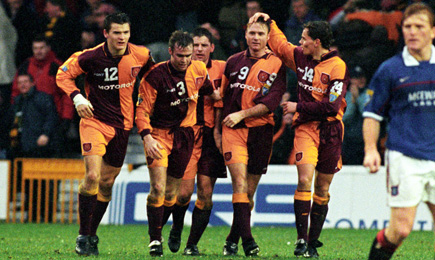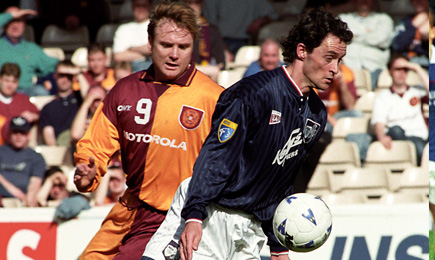Motherwell Under 20s are in SPFL Development League action against on Tuesday as they travel to face St Johnstone.
The match, which will be played at New Central Park in Kelty, kicks off at 2pm.
Stephen Craigan’s side lost in their last outing, going down 2-0 against Dundee United.


























